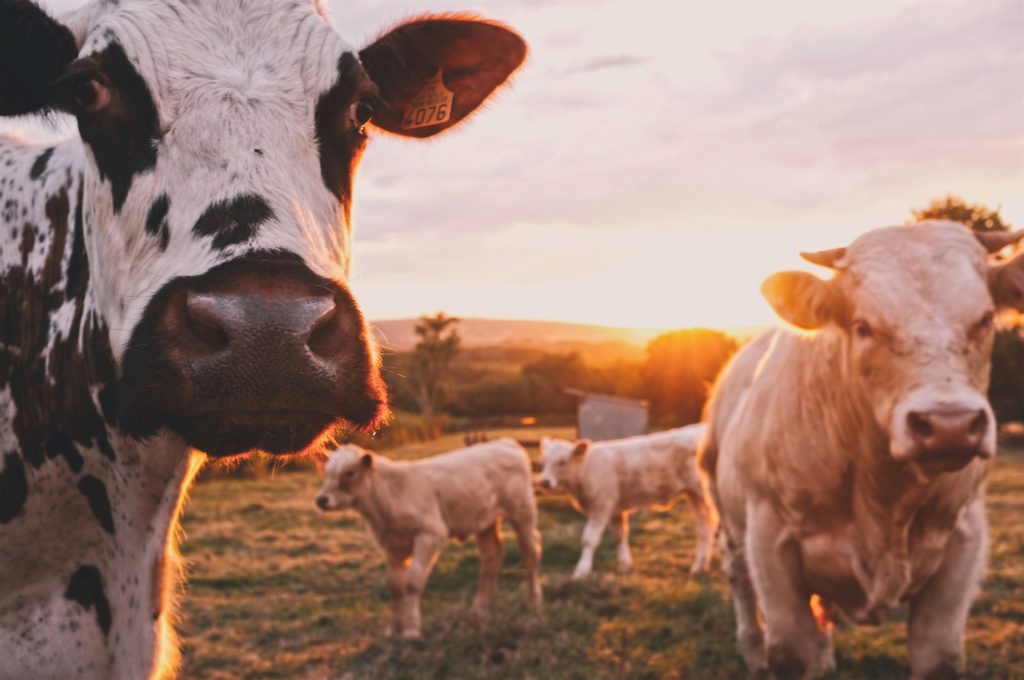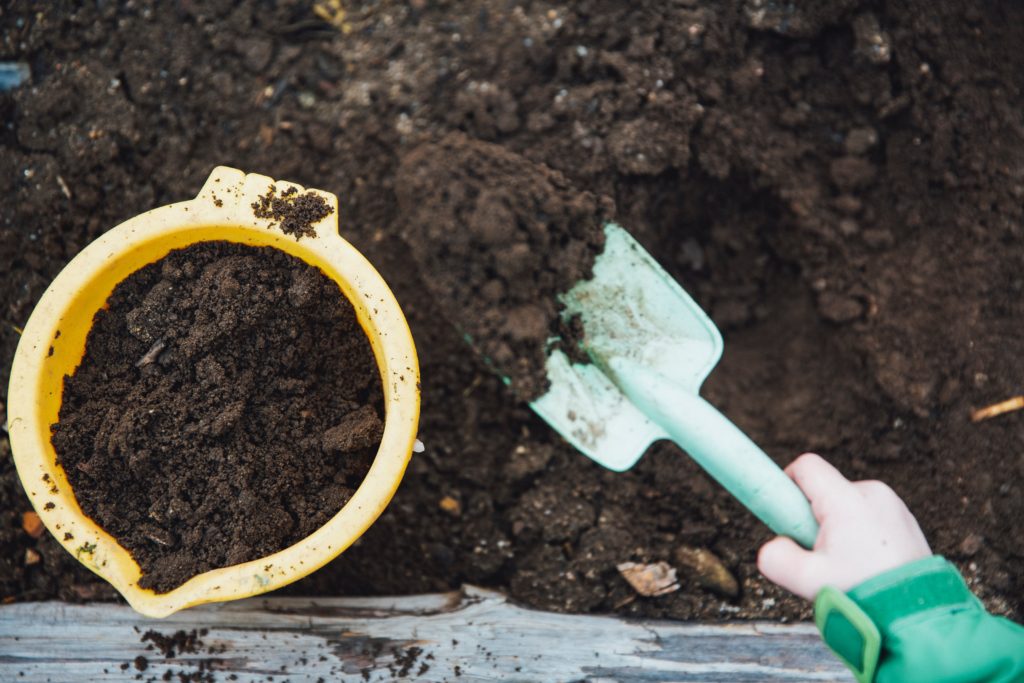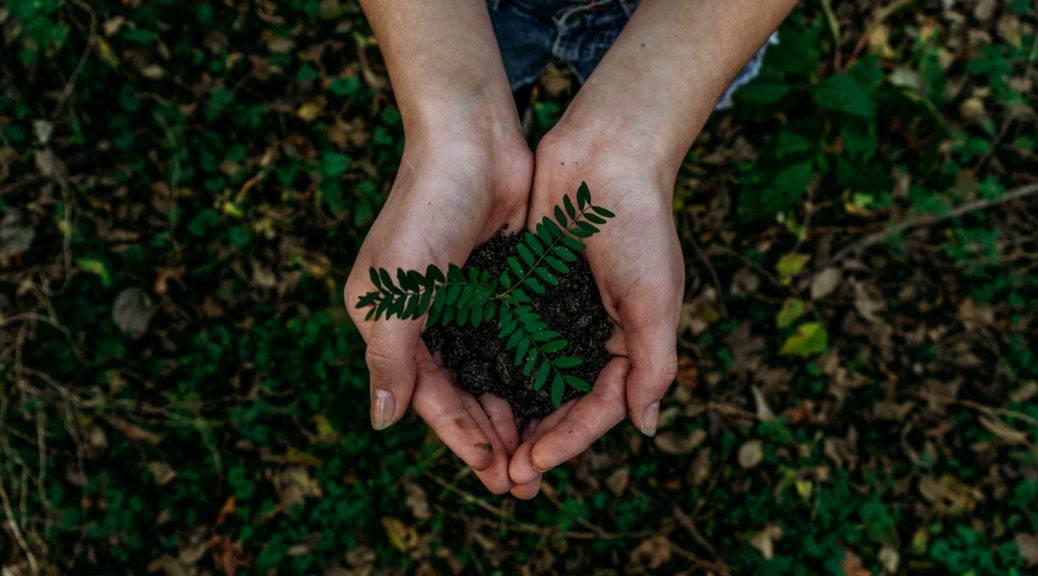By Josie Macdonald
Edited by Natalie Grace Sipula
[3.5 minute read]
One trend that has been gaining traction lately is the push towards integrating environmental sustainability into our everyday lives. The issue with trends, however, is that they always fizzle out. Changing small practices in our everyday lives to make them more sustainable is easy and can have long lasting impacts on future generations. As humans, we have created a lot of great technologies that make our lives more efficient. The tradeoff has been the negative impact they are having on the environment. Sustainability involves using practices in our everyday lives that reduce waste, reverse the impacts of climate change, and allow us to support the continual health of the population. Living sustainably is too important to just be a trend! So, what can we do as a generation to make sure sustainability stays relevant?

- Eat less meat! Animal agriculture is unhealthy for the environment because of the pollutants that are released by factory farms. In fact, factory farming is one of the leading contributors to greenhouse gas emissions. Additionally, it is not very sustainable. Chickens, pigs, cows, and most of the other animals we eat are herbivorous, so they don’t eat any animals. Thus, eating animals is like eating second-hand plant nutrients. Also, they eat much more than humans. If we eat less animals, factory farms will breed less animals because it is not cost-beneficial for them, and the crops used to feed animals could directly feed humans (and since we eat less, it would feed many more of us)! As if sustainability and was not a good enough reason to eat less meat, the impact on our health is another great benefit. One documentary that I watched on Netflix called The Game Changers explained the numerous health benefits of a plant-based diet. Even if you don’t want to give meat up completely, try starting with Meatless Mondays! Starting a plant-based diet can seem very intimidating and limiting at first, but in my experience, it can also create opportunities to try new foods!

- Use less water! One thing we have probably all heard is to remember to turn off the water when we brush our teeth, and that is very important. The EPA estimates that leaving the water running while we brush our teeth wastes an average of 4 gallons per brush. If you brush your teeth twice a day, that is 2920 gallons (11054 liters) per year! Another simple way we can save water is by buying low-flow shower heads. They are usually inexpensive, and there are a wide variety of options to choose from. Another benefit for you is that you will save more money on your water bill each month!
- Compost! This is one of the most underrated practices in our world today. So what exactly is composting? Compost is essentially the controlled decomposition of biodegradable materials, including but not limited to: leftover food, eggshells, paper waste, and some plastics. Instead of throwing these items in the garbage, we can compost them! Many people can create a compost bin in their backyards, but if you don’t have a backyard, you can create an indoor compost bin. Composting can enrich the soil with nutrients, which creates healthier plants for us to eat because it reduces soil erosion and runoff. Composting is not only sustainable, but it is also regenerative. While it is important to live sustainably, it is even better to be able to live regeneratively. This means that we are living sustainably by not depleting Earth’s resources, but also giving back by creating more resources for the Earth. Composted matter brings a lot of organic matter into the soil, allowing the soil to store more water, sequester (or extract) carbon dioxide (CO2) from the atmosphere, and give plants more nutrients. By diverting compostable waste from landfills, you will help reduce greenhouse gas emissions, and it will reduce your carbon footprint!


